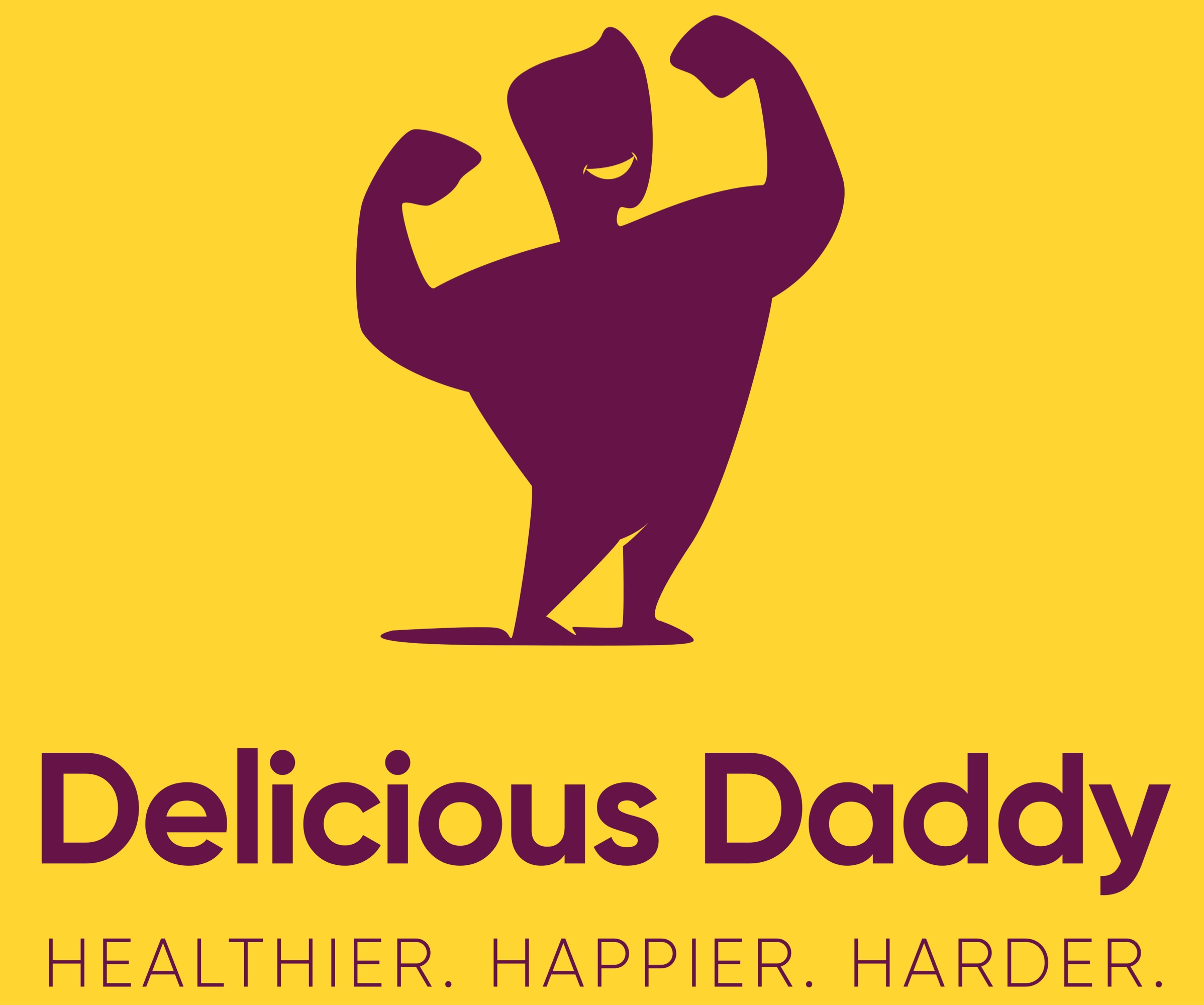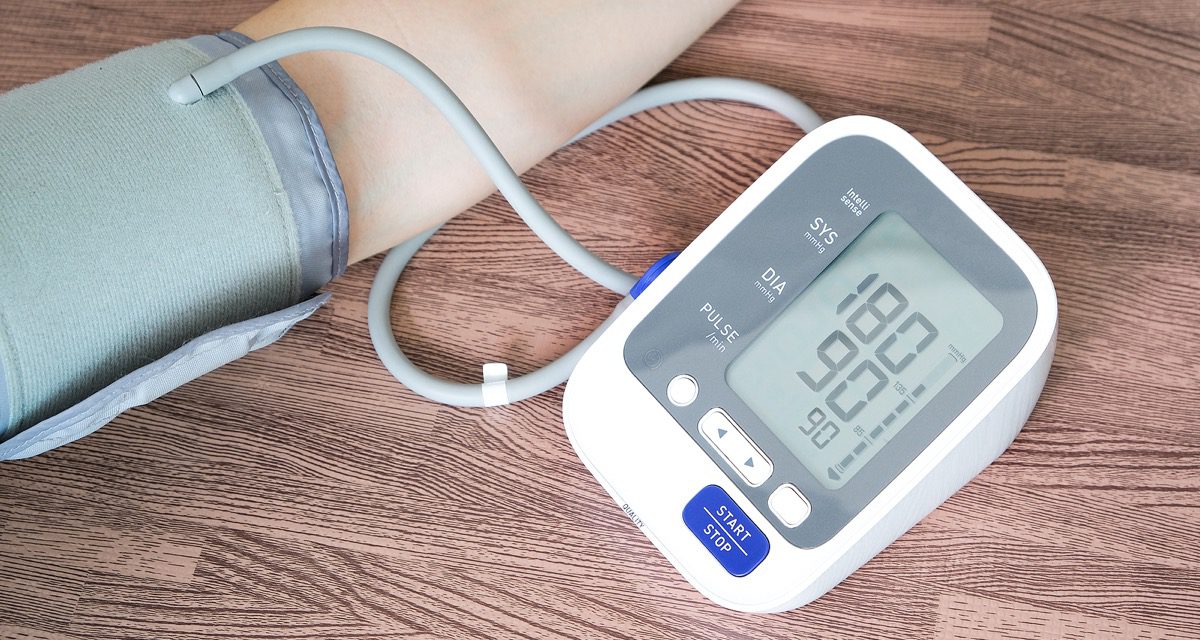7 Proven Strategies to Lower Your Blood Pressure Naturally
High blood pressure, or hypertension, is a silent and potentially dangerous condition that affects millions of people worldwide. Often called the “silent killer,” it can lead to serious health issues such as heart attacks, strokes, kidney disease, and other life-threatening problems if left untreated. But the good news is that there are many effective strategies to lower blood pressure naturally and reduce the risk of these complications.
Learn more about this topic in our “what is blood pressure” post.
Here are seven proven methods to help you maintain healthy blood pressure levels.
1. Embrace a Healthy, Balanced Diet
Adopting a healthy diet is one of the most significant steps you can take to manage your blood pressure. The DASH (Dietary Approaches to Stop Hypertension) diet, recommended by healthcare professionals, emphasizes fruits, vegetables, whole grains, lean proteins, and low-fat dairy products. This diet also encourages the reduction of saturated fats, cholesterol, and sodium, which can increase blood pressure.
A plant-based (or plant-forward) diet free of excessive fat and specifically animal fat can also help reduce your blood pressure. You do not have to become a vegan or vegetarian, however reducing saturated fats in your diet can substantial help you in your efforts to reduce your blood pressure to a healthy level.
2. Regular Physical Activity
Exercise is an excellent way to maintain a healthy weight and lower blood pressure. The American Heart Association recommends at least 150 minutes of moderate-intensity exercise per week, or 75 minutes of vigorous-intensity exercise. Activities can include walking, cycling, swimming, or weight training. Consistency is crucial, so find an activity you enjoy and stick with it.
3. Maintain a Healthy Weight
Obesity and being overweight significantly increase the risk of hypertension. Therefore, maintaining a healthy weight is essential for blood pressure control. Even losing a small amount of weight, if you’re overweight, can make a big difference. Your healthcare provider can help you determine a healthy weight goal and strategies to achieve it.
4. Limit Alcohol Intake
While moderate alcohol consumption can potentially lower your blood pressure, excessive drinking can have the opposite effect. It’s recommended that men limit their alcohol intake to two drinks per day and women to one drink per day. Keep in mind that “one drink” refers to 14 grams of pure alcohol, which is roughly the amount found in 12 ounces of beer, 5 ounces of wine, or 1.5 ounces of distilled spirits.
5. Cut Back on Sodium
Excess sodium (table salt is called “sodium chloride”) can cause your body to retain fluid, leading to an increase in blood pressure. It’s recommended to limit sodium intake to 2,300 milligrams (mg) a day or less. Even a small reduction in the sodium in your diet can improve your heart health and reduce blood pressure by about 5 to 6 mm Hg.
6. Quit Smoking
Each cigarette you smoke increases your blood pressure for several minutes after you finish. Quitting smoking can help your blood pressure return to normal, reducing your risk of heart disease and improving your overall health. While quitting smoking can be challenging, many resources are available to help you succeed.
7. Manage Stress
Chronic stress may contribute to high blood pressure. More research is needed to understand the effects of chronic stress on blood pressure. However, occasional stress can also contribute to high blood pressure if you react to stress by eating unhealthy food, drinking alcohol, or smoking. Learning to manage stress healthily can go a long way in keeping your blood pressure in check. Techniques may include meditation, deep breathing exercises, yoga, or any activity that you find relaxing.
By incorporating these seven strategies into your lifestyle, you can significantly lower your blood pressure and reduce the risk of related health complications. Remember, it’s essential to consult with your healthcare provider before starting any new diet or exercise program, and regular check-ups are key to monitoring your progress and adjusting your plan as needed. Your health is worth the effort, and the benefits of a healthier lifestyle extend far beyond blood pressure control.


